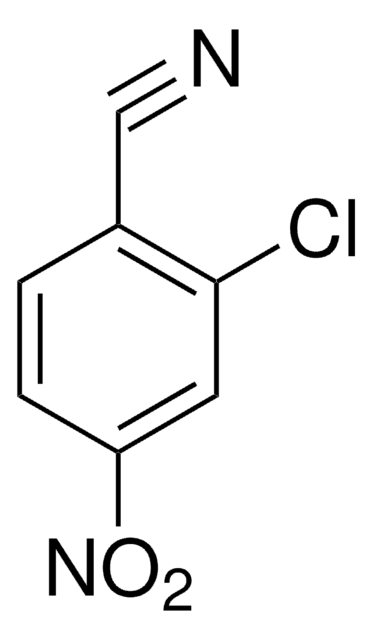454958
mono-2-(Methacryloyloxy)ethyl phthalate
contains ~100 ppm monomethyl ether hydroquinone as inhibitor
Sign Into View Organizational & Contract Pricing
All Photos(1)
About This Item
Linear Formula:
2-[H2C=C(CH3)CO2CH2CH2O2C]C6H4CO2H
CAS Number:
Molecular Weight:
278.26
EC Number:
MDL number:
UNSPSC Code:
12162002
Recommended Products
contains
~100 ppm monomethyl ether hydroquinone as inhibitor
refractive index
n20/D 1.523 (lit.)
bp
232 °C (lit.)
density
1.228 g/mL at 25 °C (lit.)
SMILES string
CC(=C)C(=O)OCCOC(=O)c1ccccc1C(O)=O
Certificates of Analysis (COA)
Search for Certificates of Analysis (COA) by entering the products Lot/Batch Number. Lot and Batch Numbers can be found on a product’s label following the words ‘Lot’ or ‘Batch’.
Already Own This Product?
Find documentation for the products that you have recently purchased in the Document Library.
Jian-Lian Chen
Journal of chromatography. A, 1216(34), 6236-6244 (2009-07-28)
Two open-tubular (OT) capillary electrochromatographic (CEC) columns were prepared by chemically bonding ionizable mono-(2-(methacryloyloxy)ethyl) succinate (MES) and phthalate-functionalized (MEP) ligands onto silica hydride-based phases through surface etching, silanization, and hydrosilation reactions, starting with a bare fused-silica tube. An analysis of
Zainuddin et al.
Journal of biomaterials applications, 23(2), 147-168 (2008-07-18)
Converting the surface of poly(2-hydroxyethyl methacrylate) (PHEMA) hydrogel into a cell-adhesive surface has been successfully achieved through a method based on atom transfer radical polymerization (ATRP) grafting. Following activation of the surface hydroxyl groups of PHEMA by bromination, surface-initiated ATRP
G E Schumacher et al.
Dental materials : official publication of the Academy of Dental Materials, 8(4), 278-282 (1992-07-01)
Effective dentin bonding systems based on para-PMDM diadduct of pyromellitic dianhydride and 2-hydroxyethyl methacrylate (HEMA) have been developed (Bowen et al., 1982). Para-PMDM, a solid of limited solubility, is usually applied from an acetone solution to dentin that has been
Our team of scientists has experience in all areas of research including Life Science, Material Science, Chemical Synthesis, Chromatography, Analytical and many others.
Contact Technical Service




![N-[3-(Dimethylamino)propyl]methacrylamide 99%, contains MEHQ as inhibitor](/deepweb/assets/sigmaaldrich/product/structures/295/145/6b4aae15-7cb5-4b7b-9c06-8e6d24e50951/640/6b4aae15-7cb5-4b7b-9c06-8e6d24e50951.png)



